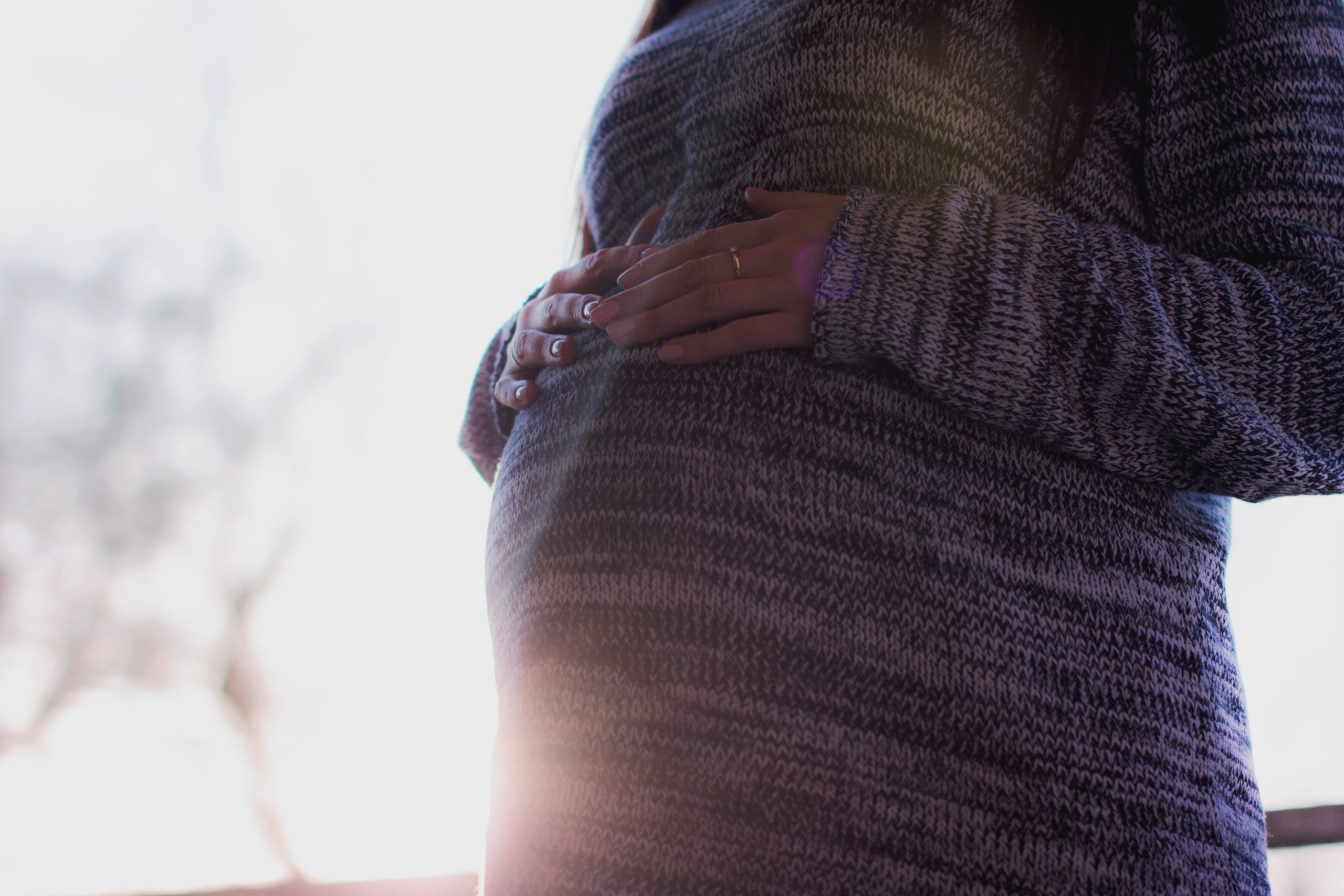
Comment Writer Phoebe Snedker considers the recent bill in New Zealand, which allows for bereavement leave following pregnancy loss, arguing that whilst it is not without its flaws, it signals a move in the right direction
Content Warning: This article mentions abortion and pregnancy loss
The 25th of March saw New Zealand’s parliament vote unanimously to give mothers and their partners three days of bereavement leave after suffering a miscarriage or stillbirth. MP Ginny Anderson, who presented the bill, suggested that parents need time to process their loss without being forced to use sick pay, stating that ‘the grief that comes with miscarriage is not a sickness; it is a loss. That loss takes time – time to recover physically and mentally; time to recover with a partner.’ Whilst New Zealand is not the first country to provide miscarriage lead – with India, for example, entitling women to six weeks’ leave if they miscarry – I believe that the news of this advancement in women’s health and pregnancy care to be positive, since regardless of what stage in pregnancy a miscarriage is suffered, it is both physically and emotionally traumatic. We should not expect women to just bounce back from such an experience, and with these provinces in place, couples will be able to take the time they need to begin digesting their loss and grieve together.
It is recognised that one in four women have had a miscarriage, and around 20,000 women lose a pregnancy through miscarriage or stillbirth annually. With these figures in mind, I struggle to accept that it has taken so long for any real consideration to be given to the issue of pregnancy loss. Yet, miscarriage seems to be a concept shrouded in taboo. Kathryn Van Beek, who approached her local MP after experiencing a miscarriage, described miscarriage as t ‘ a strange, secret birth that is also a death.’ As so many women are affected by it, it is hard to contemplate why this may be, and certainly indicates that something needs to change. With pregnancy loss finally receiving some public recognition, I would hope to see the taboo and silence surrounding miscarriage and stillbirth to begin to be broken down. Further to this, I hope that other countries are influenced by New Zealand to follow suit and account for the traumatic nature of pregnancy loss.
With pregnancy loss finally receiving some public recognition, I would hope to see the taboo and silence surrounding miscarriage and stillbirth to begin to be broken down
It is also notable that parents planning to have a child through adoption or surrogacy are covered under this legislation. To me, this recognition of couples who cannot conceive naturally is particularly important, as it can be seen as normalising this route towards parenthood. These couples will still experience the emotional turmoil of the loss of the child, particularly as infertility causes emotional distress and frustration in itself. As a woman with Endometriosis, I I feel it is so important for all routes of pregnancy and parenthood to be considered equally, and so the consideration of the emotional anguish experienced by couples using surrogacy or adoption being on par with couples that conceive naturally should be recognised and praised.
However, whilst this bill is a step in the right direction, it fails to account for women who end their pregnancy through abortion. I feel this to be quite problematic, as women can require abortions for a variety of reasons, such as health reasons, financial strain, or just because they do not feel ready for a baby. All of these should be equally validated, and for the emotional and physical consequences of abortion to be overlooked here is quite the injustice. National MP Erica Stanford stated that while she supports the bill, ‘the grief and anguish and trauma experienced during an abortion and the fact that it’s not included in this bill makes me uncomfortable – personally uncomfortable.’ A woman experiencing abortion is still experiencing pain, loss, and mental and physical strain. For this to be overlooked by the bill, then, seems unjustifiable.
For the emotional and physical consequences of abortion to be overlooked here is quite the injustice
Nevertheless, I hope this legislation will start more conversations about miscarriage and stillbirth, and break through the silence and stigma surrounding them. The UK still has a long way to go in terms of following in New Zealand’s footsteps, as miscarriages that occur before 24 weeks of pregnancy does not qualify for any bereavement leave. However, I remain hopeful that the presence of better legislation in other countries will spark conversations about miscarriage and stillbirth within our own, breaking through the silence and stigma. Though the legislation passed has its flaws, it can certainly be viewed as a step forward in validating the trauma experienced by women and their partners through pregnancy, and erasing the stigma that characterises it.
More from Comment:
Unethical and Dangerous: Back Alley Sperm Donations Are On the Rise
Lula Is Free, Can He Free Brazil?
Watch Out Deliveroo: The Gig Economy Should Fear the Power of Uber’s Organising

Comments